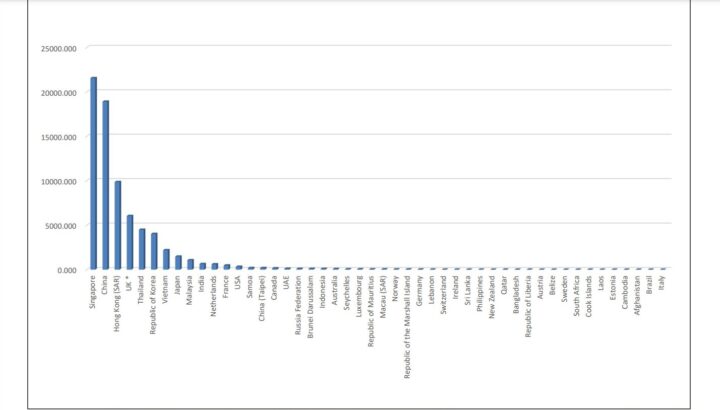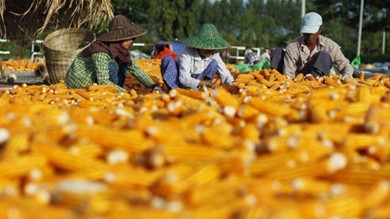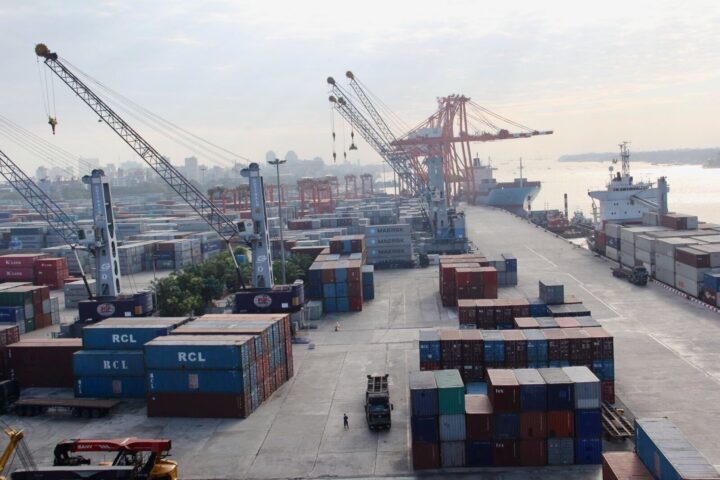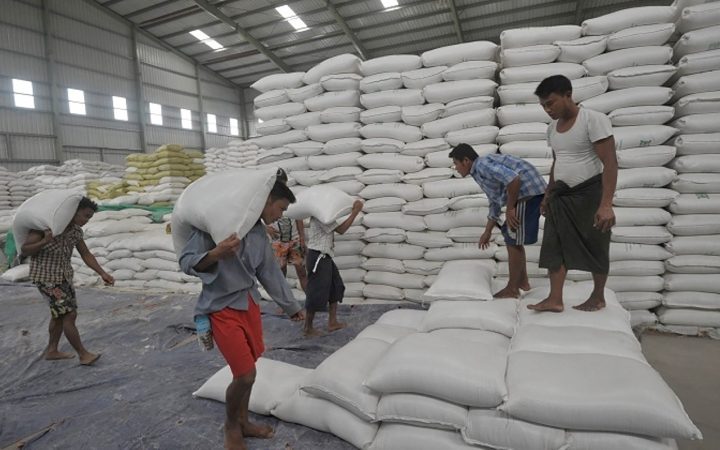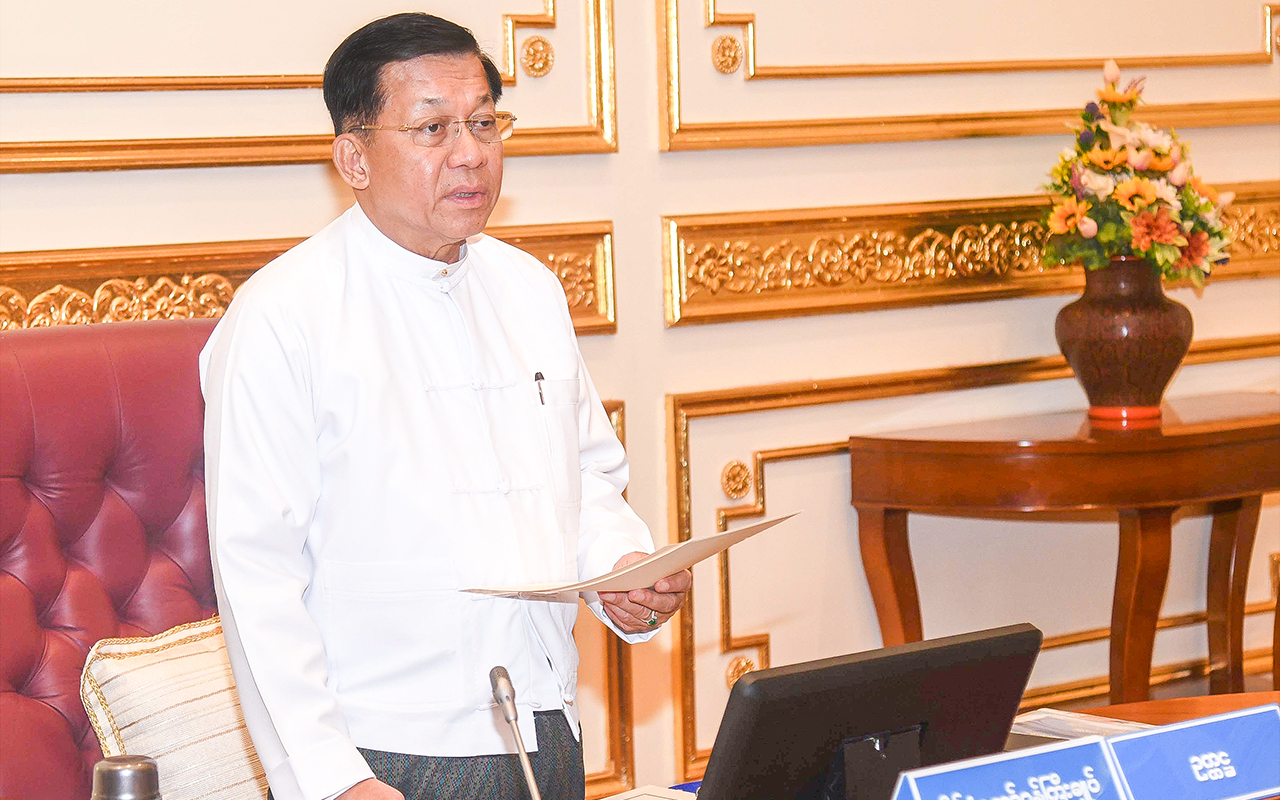Ministry of Natural Resources and Environmental Conservation revived domestic bamboo production to develop a value added bamboo industry
10 Oct 2017The Union Minister for Natural Resources and Environmental Conservation has called for a reinvigorating makeover of domestic bamboo production.
National revenue from the sale of bamboo material and products amounts to an underwhelming $5 million annually.
Harvested from approximately 1.7-million hectares in Bago, Rakhine, and Tanintharyi Regions, commercial bamboo production is underperforming, said the minister.
“Compared with the abundancy of bamboo forests, national revenue is unusually low,” U Ohn Win, Union Minister for Natural Resources and Environmental Conservation said at World Bamboo Day on September 18.
Further, it is imperative to begin using sustainably cultivated bamboo to develop a value-added bamboo industry locally, he added.
According to International Network for Bamboo and Rattan's 2016 report, the global trade for bamboo and related products generates $60 billion annually.
“Increasing efficiencies, innovation, and the incorporation of modern technologies for bamboo cultivation and harvest will be essential in moving this industry forward,” U Kyaw Thu, chairman of the Myanmar Rattan and Bamboo Entrepreneurs Association, said.
“Currently the industry is fragmented into small regional operations. The bamboo business should adhere to the centralized trade association and be eligible for government support, something no business can do without,” he added.
Myanmar has the second largest bamboo reserves after India and China, but after decades of failed isolationist and socialist policies, falls far behind in production. Conversely, we must step up our conservation measures, which also sit decades behind in capacity and effectiveness, Minister U Ohn Win said.
With a government initiative to support bamboo production, experts expect plantation zones to emerge in Yangon, Mandalay, Magway, Sagaing, and Shan Regions and States.
To achieve goals of sustainability, the ministry is working with International Tropical Timber Organization (ITTO) and International Network for Bamboo & Rattan (INBAR).
The ministry has also co-created the ‘Myanmar Bamboo Resource Utilization and Sustainable Management Project’ with the help of the Thailand International Cooperation Agency (TICA) to encourage responsible industry growth over the next few years.
Myanmar’s bamboo and bamboo products go to United States, India, Pakistan, Japan, South Korean, Australia, Singapore, Bangladesh, and Europe markets.
(Myanmar Business Today: https://www.mmbiztoday.com/articles/ministry-revive-bamboozled-bamboo-market )

